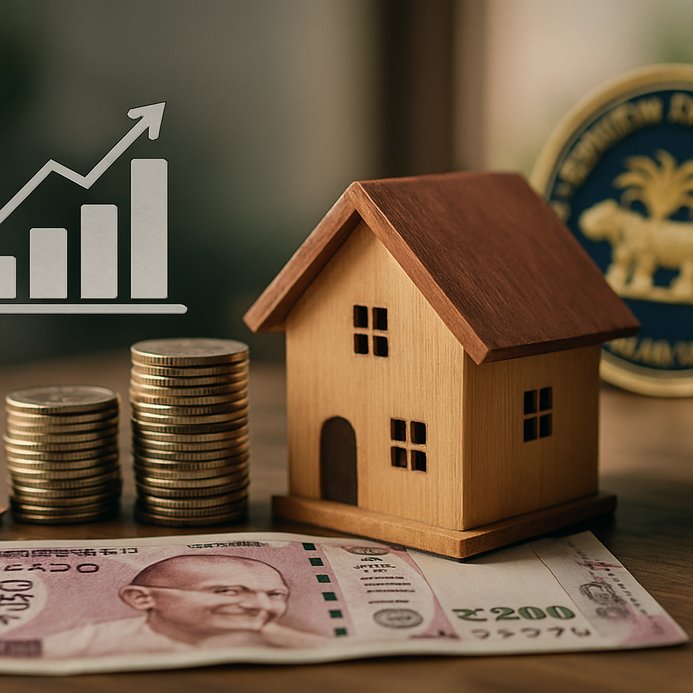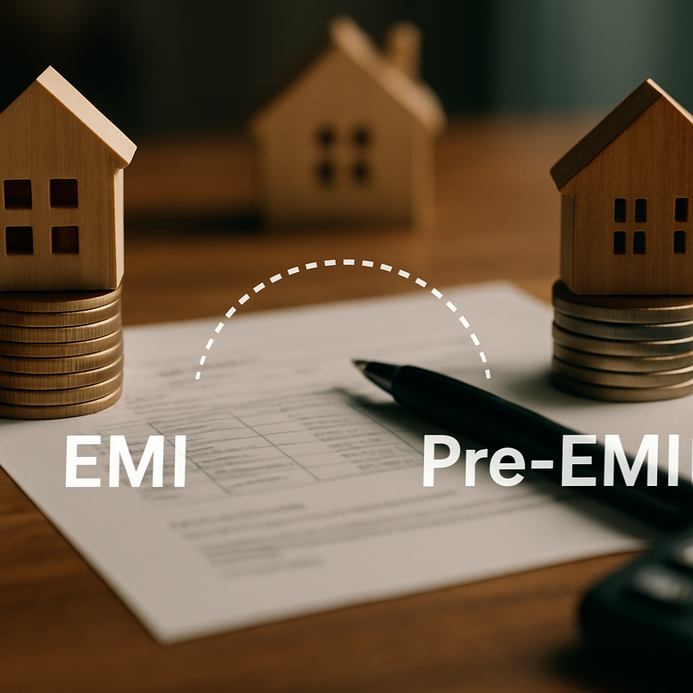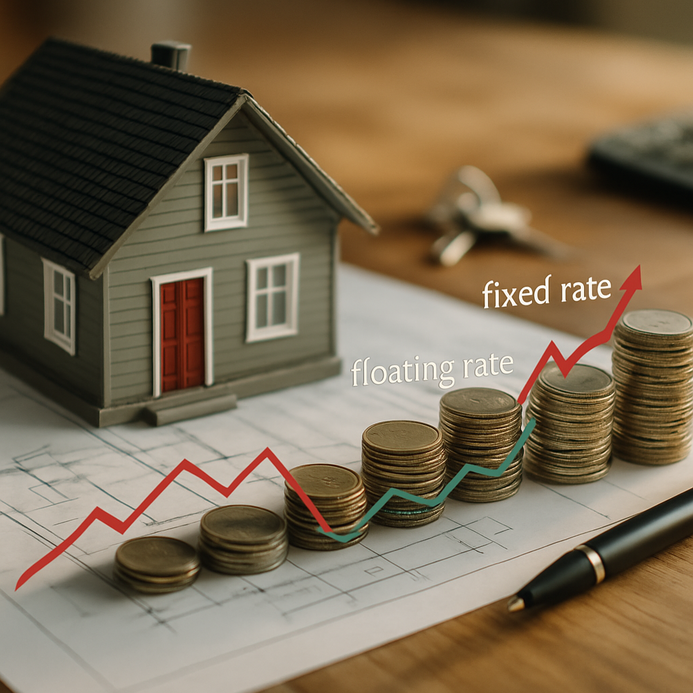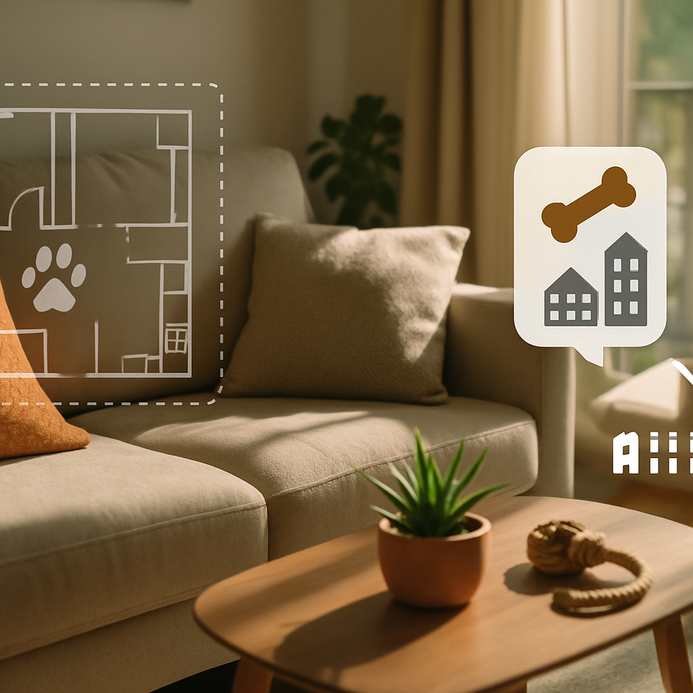How Sustainable Water Management Adds Value to Your Apartment Purchase
Understanding Sustainable Water Management
When we talk about sustainable water management in gated communities, it’s crucial for maximising our resources. It’s like a balancing act, ensuring water is available and used wisely without wasting any. Water management plants are where the magic happens, treating and recycling water to help communities keep their water footprint minimal.
Key Components of Water Management Plants
Water management plants generally go through a series of steps to ensure water is safe and sustainable. Here’s how it breaks down:
| Stage | Description |
| 1. Coagulation | Chemicals are used to clump particles in water. |
| 2. Sedimentation | Clumps settle at the tank’s bottom. |
| 3. Filtration | Water passes through filters to remove leftover bits. |
| 4. Disinfection | Chlorine and other chemicals kill harmful bacteria. |
| 5. Storage | Treated water is stored until it’s needed. |
These processes significantly boost the water’s quality, making it suitable for drinking and other uses. Understanding water management in gated communities can help homebuyers assess how eco-friendly their future homes really are.
Additionally, more information is available on Water and Wastewater, or review the stages of water treatment.
For prospective homeowners in Hyderabad, you might find useful information in the 2025 roadmap or in topics like the impact of walkability on property value.
The Role of Water Management Plants in Gated Communities
Water management plants are essential in maintaining the health and sustainability of gated communities. These systems comprise various methods, such as sewage treatment and rainwater harvesting, to manage water efficiently.
Sewage treatment plants play a pivotal role by purifying wastewater, preventing pollutants from affecting the local environment. The source outlines that several stages, including coagulation, sedimentation, and disinfection, ensure the water is safe for community use.
| Feature | Sewage Treatment Plants | Rainwater Harvesting Systems |
| Waste Type | Greywater and blackwater | Collects rainwater |
| Major Processes | Coagulation, filtration, disinfection | Storage, filtration, and distribution |
| Environmental Impact | Reduces pollution and conserves water | Less reliance on groundwater |
| Key Benefit | Protects public health | Makes use of natural rainfall |
These rainwater systems are not just resourceful; they provide an eco-friendly water source for irrigation or other non-potable uses. A well-functioning setup can significantly alleviate pressure on local water supplies, contributing to better resource management.
If you’re considering purchasing a home in a gated community, it’s important to inquire about their water management systems. What methodologies do they employ? How are these systems monitored? What sustainable practices are in place?
Investing in a community with robust water management not only fosters sustainability but also enhances resilience against environmental fluctuations. For more detailed discussions, visit Water Treatment Plants and consider checking out articles on how walkability affects lifestyle and property value in gated communities.
Unveil the 50-50 payment plan
Key Questions Homebuyers Should Ask Developers
Ready to buy in a gated community? Gaining an understanding of the water management plants is key. Here are some essential questions to ask developers to ensure you grasp the state of water resources:
1. What’s the capacity of the water management plant?
Knowing the demand that the plant can meet is crucial, especially during peak usage times. Developers should provide insights about current and future capabilities.
2. What processes does the water treatment involve?
It’s important to know the steps taken in water treatment to assess the quality provided. Inquire about coagulation, filtration, and disinfection—clear processes usually indicate better safety.
3. How’s the plant maintained and monitored?
Regular maintenance is vital for keeping the plant operational. Buyers should inquire about maintenance schedules and the responsible party for oversight.
4. What sustainable practices are implemented?
Developers are urged to adopt eco-friendly methods. This might include recycling water for landscaping or establishing stormwater management systems. Ask how sustainability is integrated into their water management initiatives.
5. Are there backup systems in case of emergencies?
A competent water management plant should include contingency plans to prevent service interruptions. Check what backup resources are available and how quickly they can be activated.
If you’re looking for more information on water management plants, consider reading about essential solutions for clean water.
You might also find the article on what questions to ask when buying a flat useful for your home-buying adventure. By focusing on these queries, buyers can make informed decisions, enhancing their chances of securing a sustainable, high-quality living environment in gated communities.
Benefits of Sustainable Water Management for Homeowners
Water management plants that utilize sustainable practices provide significant advantages to homeowners in gated communities. Let’s explore the benefits of implementing effective water management systems.
1. Cost Savings
Smart water management can lead to considerable savings on utility bills. The source states that using water efficiently can reduce costs by 20-30%. Techniques like rainwater harvesting or drought-resistant landscaping help decrease water consumption and maintain lower bills.
2. Positive Environmental Impact
Sustainability in water management promotes the health of local ecosystems. By cutting down on wasted water, groundwater recharge improves, and pollution risks diminish. For instance, a well-designed water management plant can filter out contaminants before they enter local waterways, resulting in healthier aquatic environments [Source].
3. Increased Property Value
Homes in communities with effective water management systems typically enjoy higher property values. Research indicates that eco-friendly features can enhance property prices by up to 10%. As more buyers seek environmentally responsible features, gated communities with advanced water management become increasingly attractive.
| Advantage | Description |
| Cost Savings | Reduces utility costs by 20-30% |
| Positive Environmental Impact | Enhances ecosystem health and reduces pollution |
| Increased Property Value | Higher resale values due to eco-friendly features |
Homeowners should proactively examine the water management strategies in their community and how they influence everyday life.
By recognizing the benefits associated with sustainable water management, homeowners can take informed steps when selecting gated communities that align with their values. For those looking to understand the impact of these elements on lifestyle and property values, articles like assessing residential communities or the advantages of eco-friendly living may prove valuable.
Future Trends in Water Resource Management
In gated communities, sustainable water management is rapidly becoming a central focus. These communities are enhancing their efforts to increase efficiency and proactively address environmental challenges. Innovations in water management plants are at the forefront of this transition, showcasing smarter and more effective methods for managing water resources.
Technological Advancements in Water Management Plants
New technologies are transforming how gated communities monitor their water usage. Advanced filtration systems and smart irrigation methods are becoming standard practice. For instance, water management plants equipped with sensors and data analytics can now supervise usage in real-time, significantly reducing waste and improving efficiency while being able to recycle water, thus easing strain on traditional sources.
| Technology | Benefits | Example |
| Smart Water Meters | Real-time monitoring | Detects leaks and optimizes usage |
| Recycled Water Systems | Sustainable resource use | Utilizes treated wastewater for landscaping |
| Rainwater Harvesting | Reduces reliance on groundwater | Captures stormwater runoff |
These technological advancements aim to not only lower consumption but also bolster community resilience against potential water shortages. It’s clear that sustainability is the path forward; buyers should ask about plans for implementing these innovations.
Natural Systems and Resource Management
Increasingly, communities are turning to natural solutions for guidance. Take constructed wetlands as an example—these designed systems mimic natural processes to effectively purify water. Innovations, such as utilizing plant xylem for filtration, are also emerging, demonstrating effectiveness in removing contaminants. Understanding the significance of water management is crucial as communities adopt environmentally friendly solutions that comply with local regulations.
For further exploration, consider accessing sources like How Water Treatment Works and Constructed Wetlands.
FAQ
1. What is sustainable water management?
Sustainable water management refers to the efficient and equitable distribution and use of water resources, ensuring their availability for future generations while maintaining ecosystem health.
2. Why are water management plants vital in gated communities?
Water management plants are essential as they treat, recycle, and distribute water sustainably, helping to reduce waste and ensure a reliable water supply.
3. What questions should homebuyers ask developers about water management?
Homebuyers should inquire about the capacity of water management plants, treatment processes, maintenance protocols, sustainable practices, and available backup systems.
4. How can homeowners benefit from sustainable water management?
Homeowners can experience cost savings on water bills, enjoy a healthier local environment, and see potential increases in property values.
5. What technology is changing water resource management?
Advanced filtration systems, smart meters, and rainwater harvesting techniques are transforming how communities manage water resources efficiently and sustainably.













